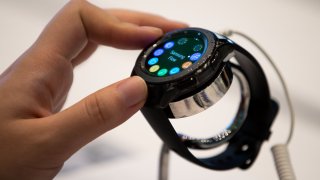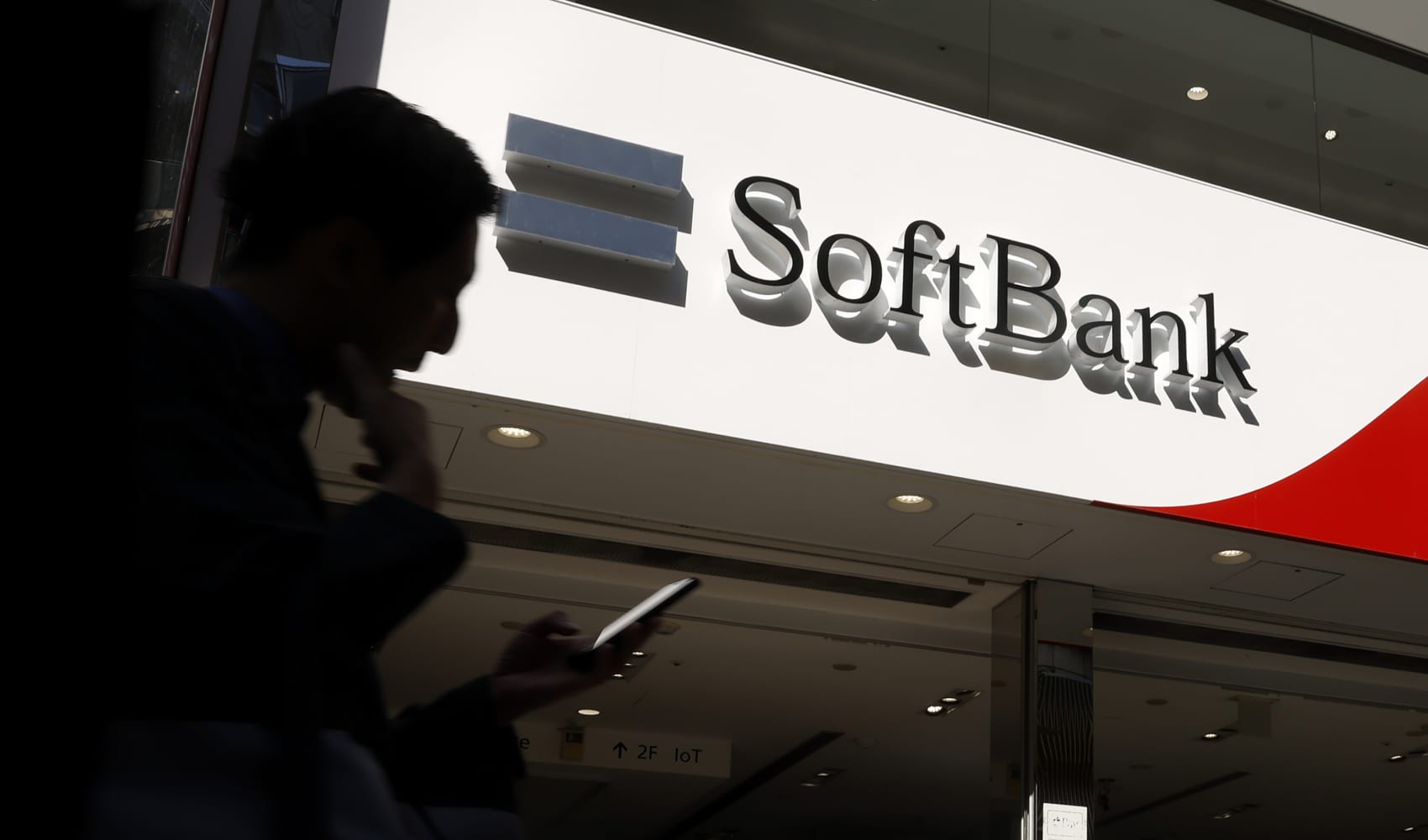
- Wearables are expected to grow to an almost $70 billion market globally by 2025, with the dominant sector being healthcare.
- "Wearable device sales have grown by 30% or more compared to last year," says Taejong Jay Yang, senior vice president of Samsung Electronics.
Wearable device sales are up globally by more than 30% this year as people buy them to monitor their health, a senior tech executive told CNBC.
Taejong Jay Yang, senior vice president at Samsung Electronics, said consumers are buying wearable products that they can use to check their health during the coronavirus pandemic.
"Although a majority of consumers plan to spend less this year due to the pandemic, wearable device sales have grown by 30% or more compared to last year," Yang told Chery Kang, in a CNBC interview as part of the annual East Tech West conference.
"What this data indicates is that even when millions of consumers are re-evaluating their spending habits, they continue to prioritize wearable technology products over others," Yang added. "Samsung will continue to invest in these advanced technologies."
Wearables are expected to grow to an almost $70 billion market globally by 2025, according to market research firm IDTechEx, with the dominant sector being healthcare — which includes medical, fitness and wellness.
Money Report
Competition in the sector is intense, as Samsung jostles with U.S. competitors — Apple and Google among them — in the market for smartwatches and fitness bands. The smartwatch market alone has become more competitive — nearly doubling in size to $13 billion in three years, according to market research firm Euromonitor.
Samsung Electronics debuted the Galaxy Watch 3 this year. The device includes a blood oxygen monitor, as well as features for sleep and blood pressure.
Samsung sees those health functions as a "key strength" for its wearable devices. With the "data collected we can create a lot of great services and products for consumers to help them live healthier lives," Yang said.
The company will continue to set up partnerships with other healthcare firms to make products, Yang said.
This year, Samsung partnered with AIA Korea on the life insurer's healthcare app — called AIA Vitality. The app encourages people to lead healthy lifestyles by offering insurance discounts.
— Correction: This story has been corrected to indicate that the 30% growth figure cited by Yang was in reference to all wearable sales globally. It also has been updated to give the correct name for Samsung Electronics' watch.






